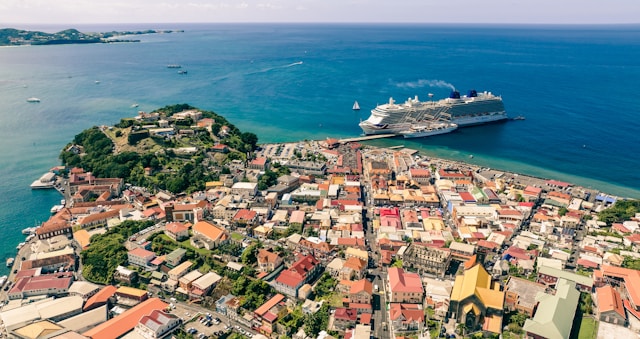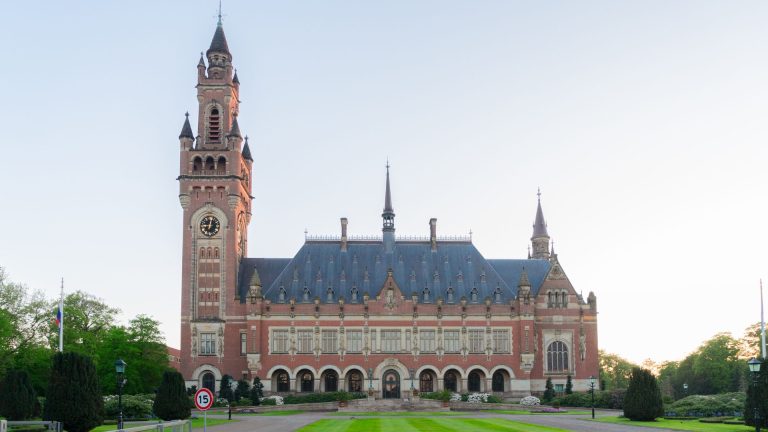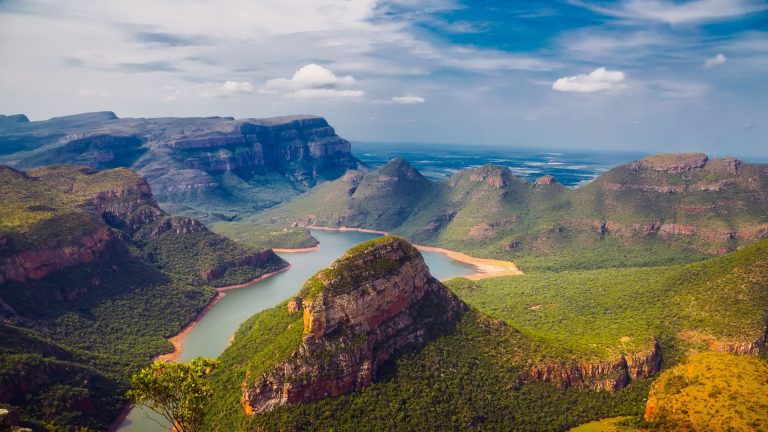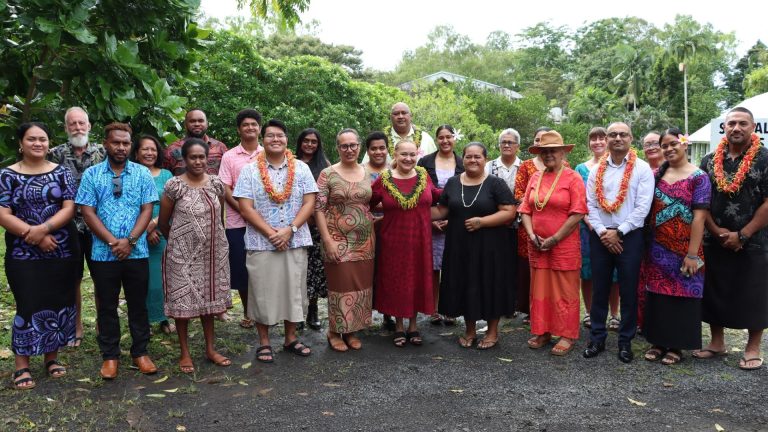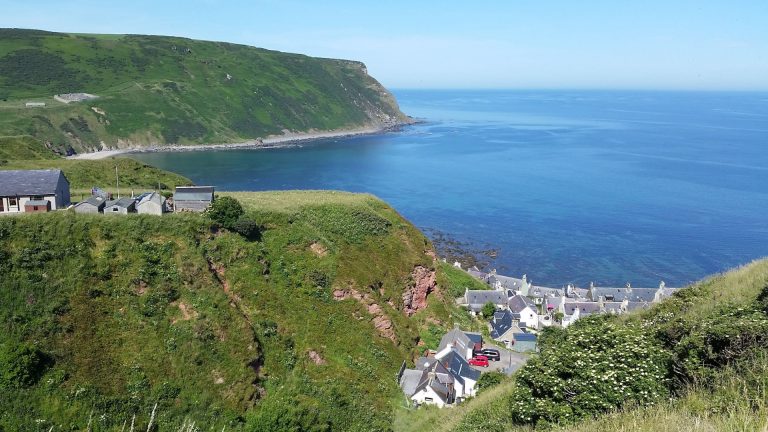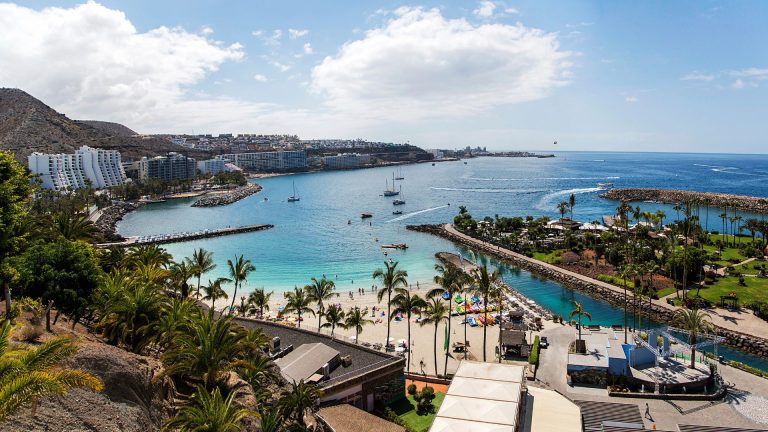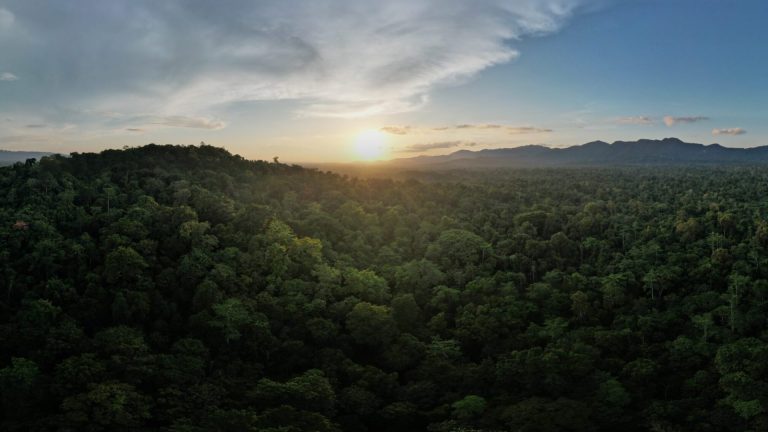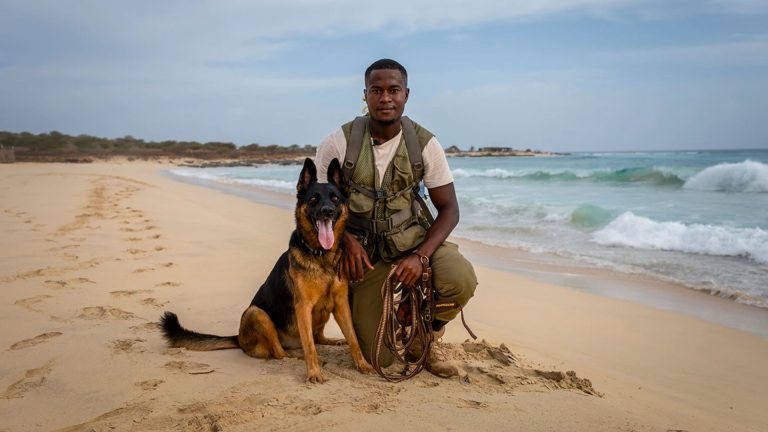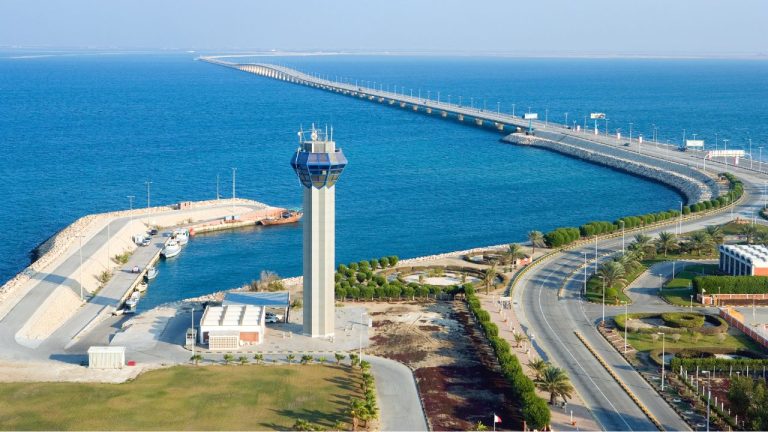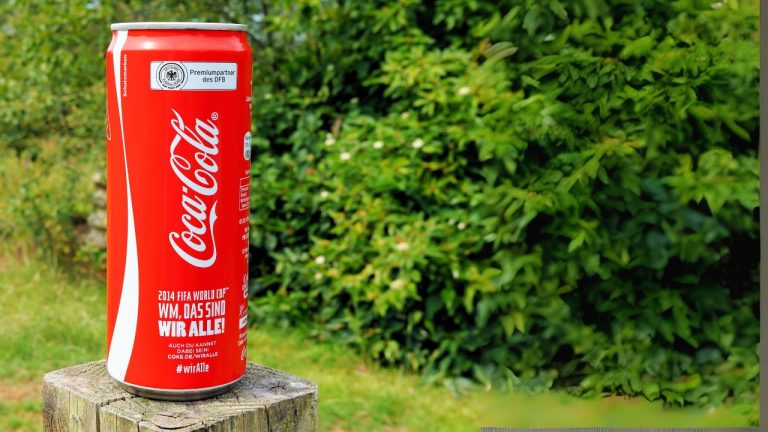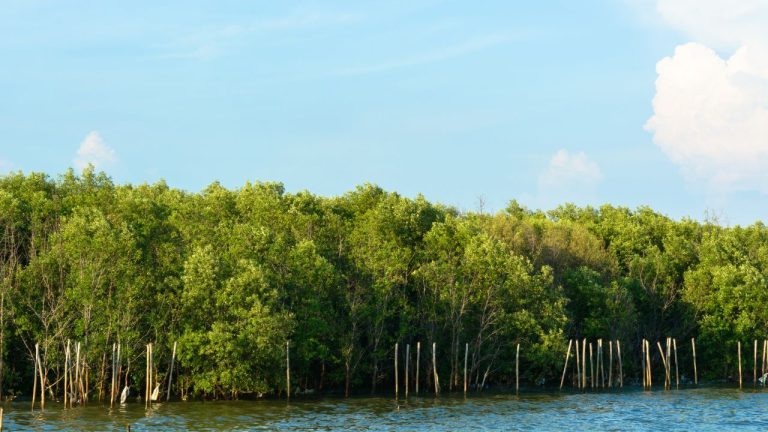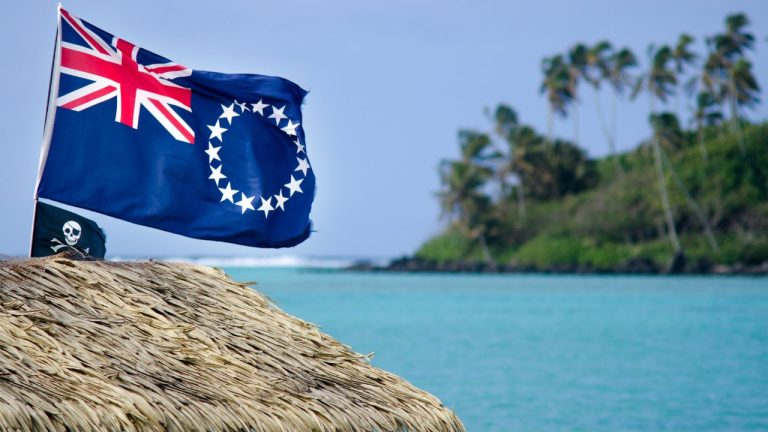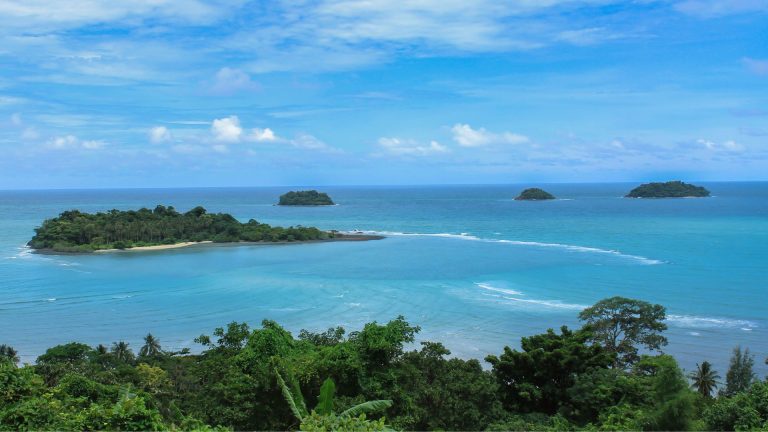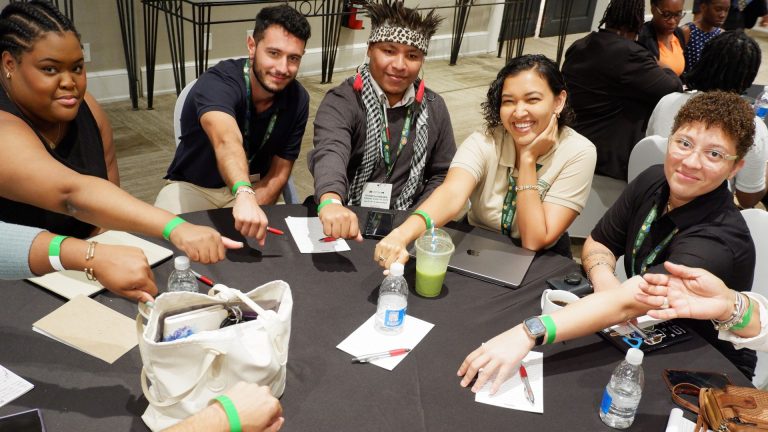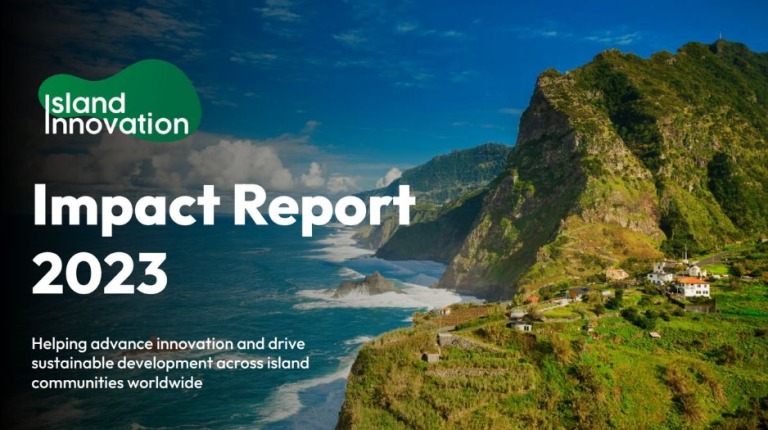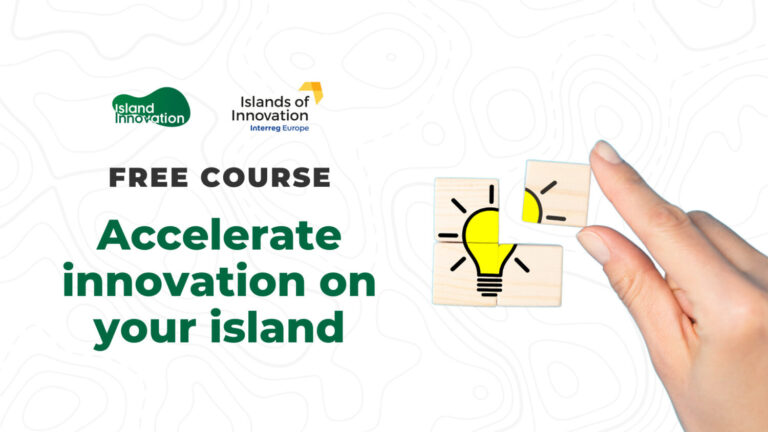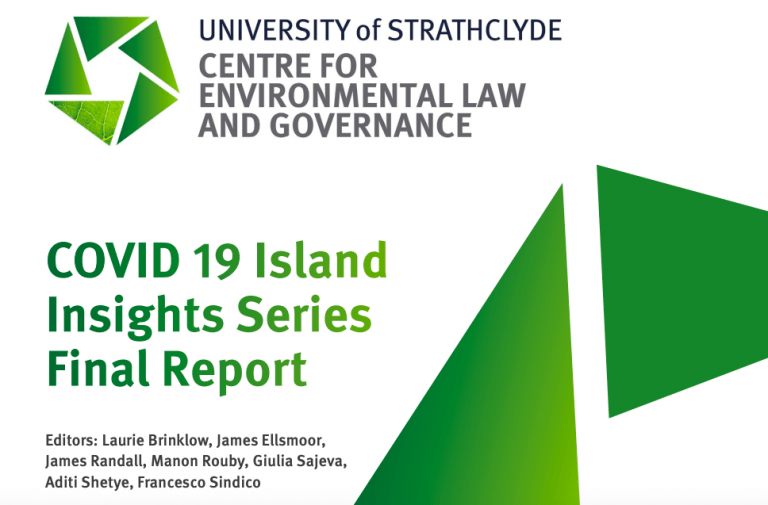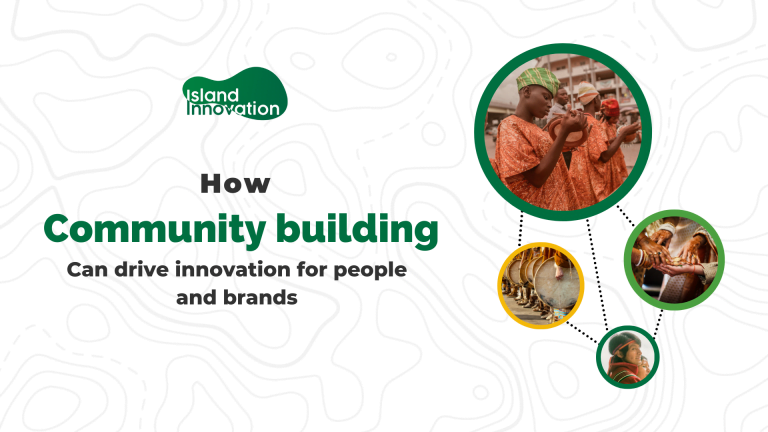Excerpt from sustainabledevelopmentreform.org
The African proverb, ‘when elephants fight, it is the grass that suffers’ is most applicable here. Small island developing States (SIDS) are a group of 39 States that are particularly vulnerable to the impacts of climate change, compounded by their capacity constraints due to small populations, land masses and economies.
SIDS are particularly vulnerable to the impacts of climate change with their low-lying coastal topography, dependency on natural marine resources such as coral reefs and fisheries and their susceptibility to external environmental and economic shock. The world was reminded of this when Hurricane Beryl struck on July 8 and took with it one third of Grenada’s GDP. Still recovering from the aftermath of COVID-19 and the constant need to recover from disasters, 40% of SIDS are now on the brink or already in debt distress. The path to resilience is uncertain.
Despite SIDS being recognised as one of the most vulnerable to climate change, the flows of climate finance to SIDS are slow and limited. According to the OECD’s 2024 Report on Climate Finance Provided and Mobilised by Developed Countries in 2013-2022, SIDS received $3.2 billion in climate finance in 2022; the majority of which was public funding in the form of grants. This is US$ 3.2 billion out of the US$ 100 billion that developed countries were expected to provide annually.

